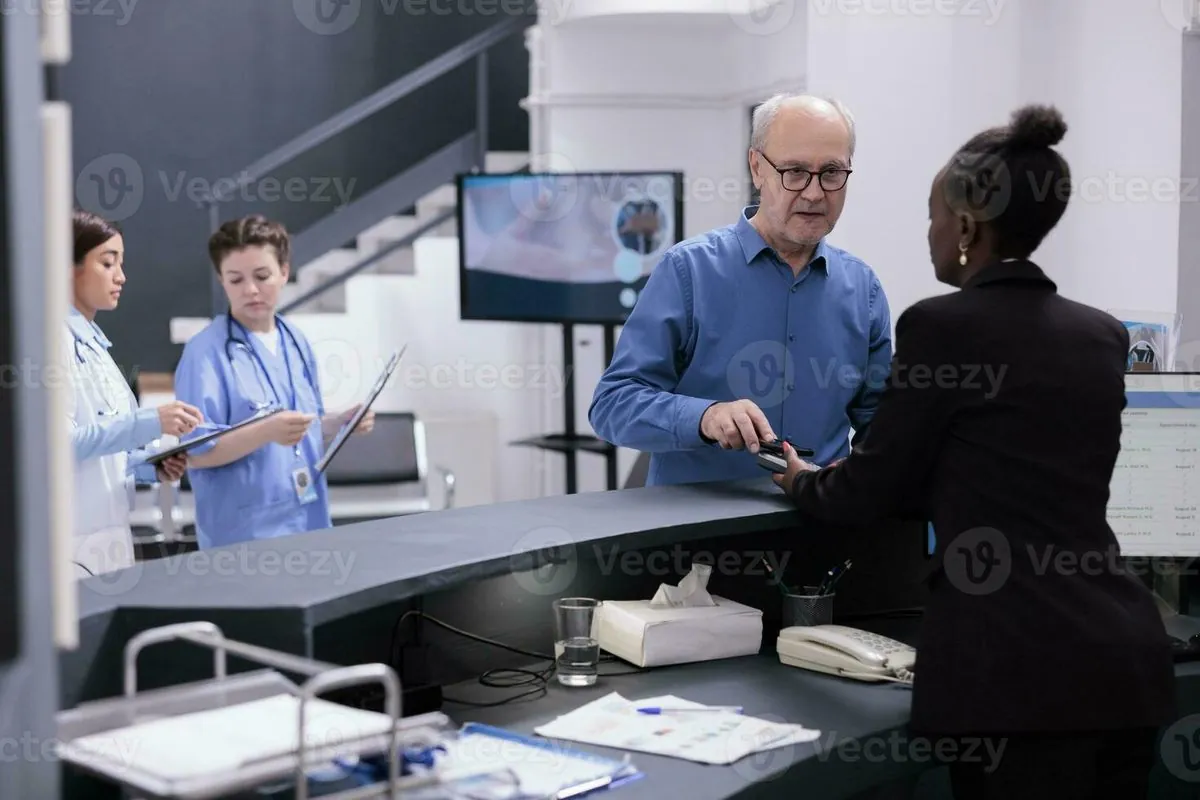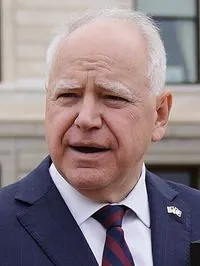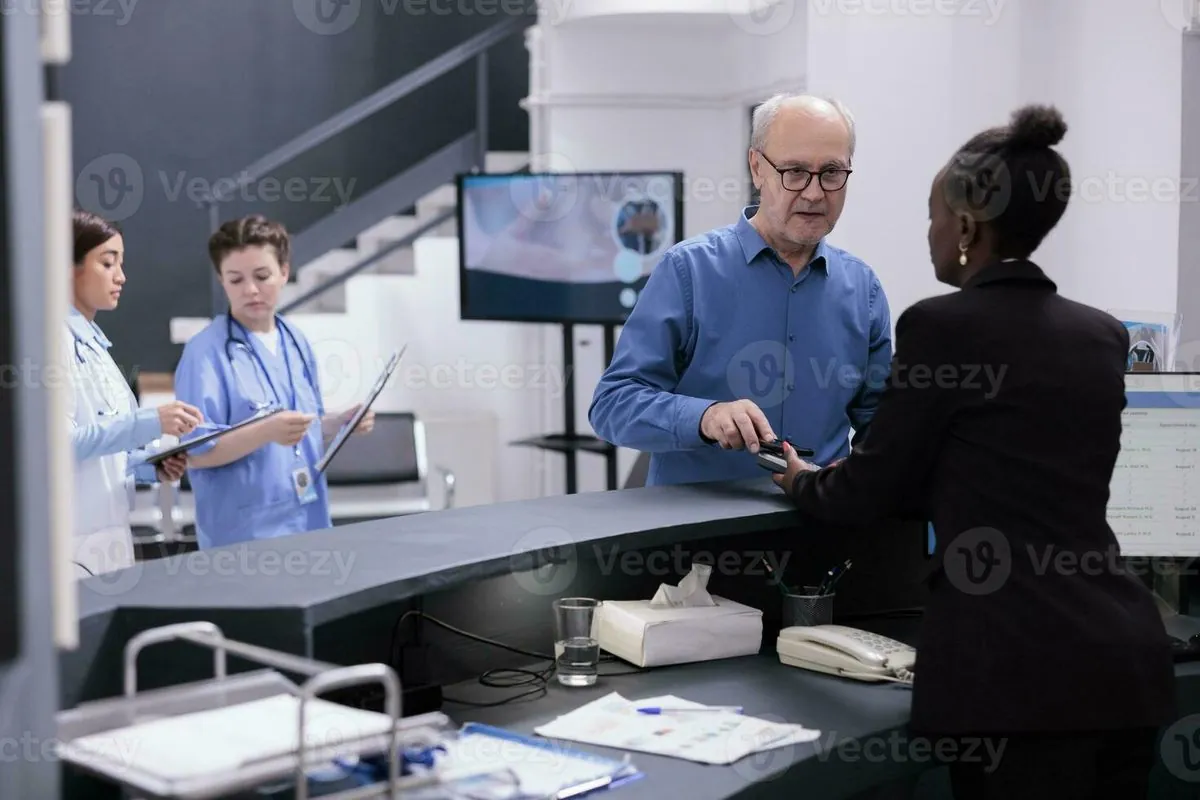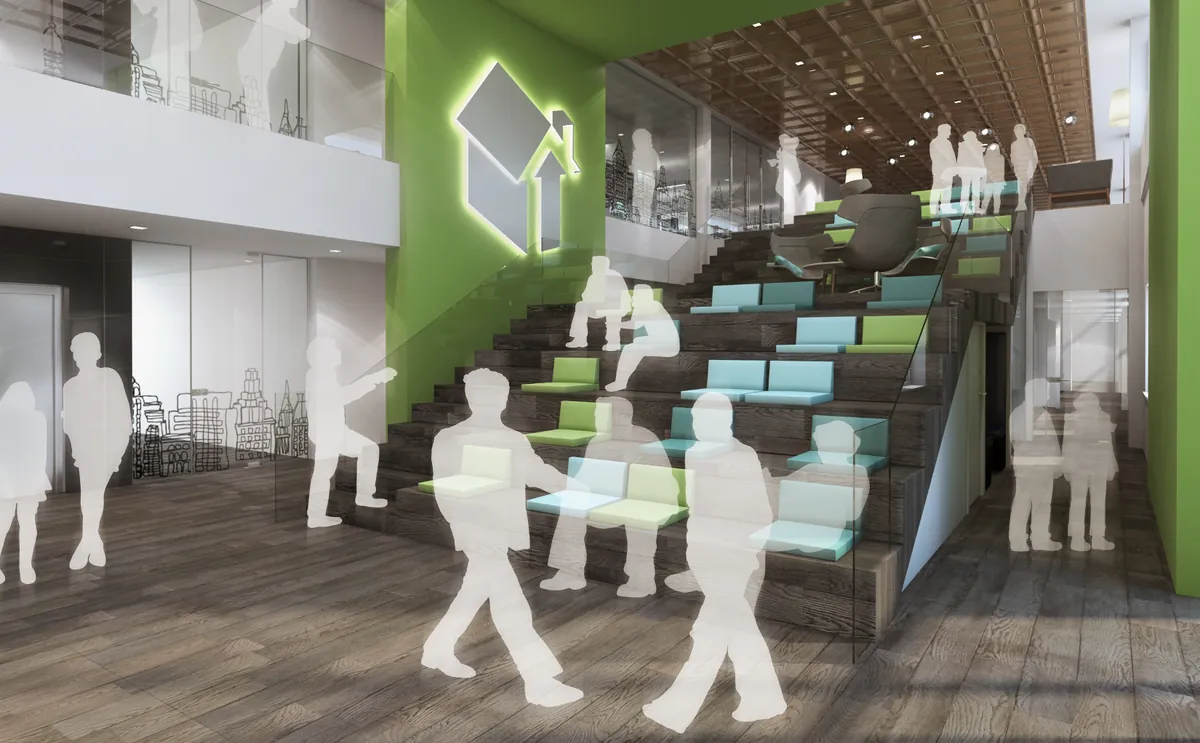Elderly Man Declared 'Dead' by GP Surgery in Bizarre Mix-up
A 69-year-old cancer survivor faced a distressing situation when his GP surgery mistakenly declared him deceased. This incident highlights ongoing issues within the NHS, including reduced GP working hours and increasing patient loads.

In a startling incident that underscores the challenges facing the National Health Service (NHS), a 69-year-old man in Birmingham found himself in an unusual predicament when attempting to re-register at his former GP surgery. Alan Rocket, a cancer survivor, was informed by staff that he was "deceased" in their records, despite being very much alive.
This bizarre mix-up occurred at the Shenley Green practice in Birmingham, where reception staff refused to hand over Mr. Rocket's medical data. The retired decorator was forced to return home and fetch his passport as proof of identity. Alan Rocket, who is in remission from bowel cancer diagnosed five years ago, described the experience as distressing.
"It was really upsetting. Five years ago this month, I was diagnosed with bowel cancer. I'm in remission now but I'm still not 100 per cent clear. So to be told I was dead completely stressed me out."
The incident highlights the critical importance of accurate patient records in the NHS, which deals with over 1 million patients every 36 hours. It's worth noting that bowel cancer, which Mr. Rocket survived, is the fourth most common cancer in the UK. Fortunately, the survival rate for this type of cancer has more than doubled in the last 40 years.
This is not an isolated case. Earlier this year, another elderly cancer patient, John Ashcroft, 73, faced similar issues when he was registered as deceased on the NHS computer system. These incidents raise concerns about the efficiency of the NHS's record-keeping systems.
The NHS, established in 1948, is the fifth largest employer in the world and deals with over 15 million hospital admissions each year. Despite its size and importance, it faces numerous challenges, including GP shortages and reduced working hours.
A recent study revealed that GPs are now working an average of 26 hours a week, down from 30 hours in 2016. This decrease in working hours comes despite an increase in the number of GPs and a significant rise in patient load, with almost 250 more patients per GP compared to 2015.
Dr. Rosa Parisi from the University of Manchester, who led the study, suggested that GPs may be working less due to intense day-to-day pressures. This trend is concerning, given the NHS's crucial role in public health and its ranking as the number one health system among 11 countries by the Commonwealth Fund in 2021.
The NHS continues to face challenges, including a government pledge to increase GP numbers by 6,000 by 2024. However, with an average retirement age of 59 for GPs and 31% working part-time as of 2019, meeting this target may prove difficult.
As the NHS grapples with these issues, incidents like Mr. Rocket's serve as a reminder of the importance of accurate record-keeping and efficient healthcare delivery. With an aging population and increasing healthcare demands, addressing these challenges is crucial for maintaining the quality of care that the NHS is renowned for.


































